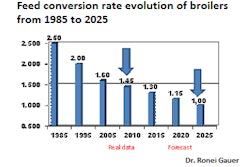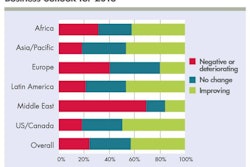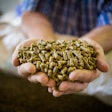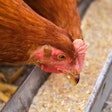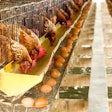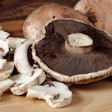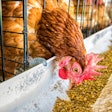Maple Leaf Foods has entered into a definitive agreement to sell Rothsay, its rendering and biodiesel business, to Darling International. The transaction is subject to regulatory approvals and is expected to close by the end of 2013.
“The sale of our rendering and biodiesel business supports our strategy to focus on effective capital deployment and profitable growth in the consumer packaged foods market,” said Michael McCain, president and CEO of Maple Leaf Foods. “We are delighted to have concluded almost a year-long process with an agreement with Darling, the North American leader in food waste recycling. The sale will support future investments in our consumer facing businesses and allow Darling to build on Rothsay’s strong capabilities and deep customer relationships.”
Proceeds from the estimated $645 million transaction will initially be used to pay down debt. Maple Leaf Foods managers will also consider reinvesting in its core consumer packaged food businesses or returning excess capital to shareholders.
Rothsay is the leading rendering company in Canada and a leading producer of biodiesel. The business operates six rendering plants located in Manitoba, Ontario, Quebec and Nova Scotia, and a biodiesel facility in Quebec. It employs about 550 people, who will transition to Darling once the transaction closes. Maple Leaf plans to enter into a long-term contract with Darling to receive by-products recycling services at competitive market rates.
Darling International, based in Irving, Texas, is the largest and only publicly traded provider of rendering and bakery residuals recycling solutions to the U.S. food industry. The company recycles beef, poultry and pork by-product streams into useable ingredients such as tallow, feed-grade fats, meat and bone meal, poultry meal and hides. The company also recovers and converts used cooking oil and commercial bakery residuals into valuable feed and fuel ingredients. These products are primarily sold to agricultural, pet food, leather, oleo-chemical and biodiesel manufacturers.

